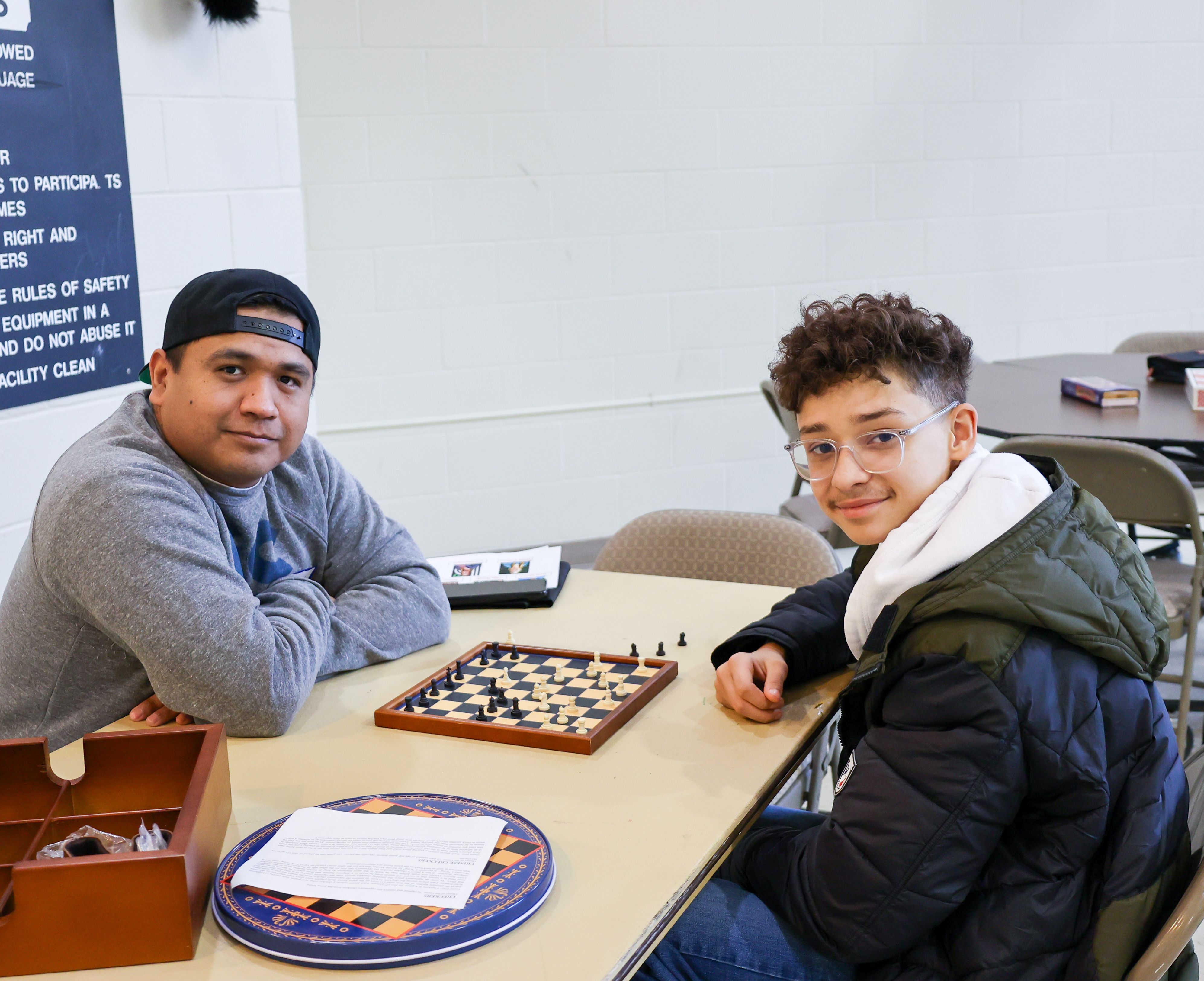Be A Mentor
Which location would you like to mentor in?
It Takes Little to Be Big
Our Community-Based Mentoring program allows adult mentors "Bigs" and youth "Littles" to share activities on their own schedule. Matches typically meet up on weekends or evenings for at least four hours a month. We encourage free or low-cost activities like bike riding, board games, baking or just taking a walk.
One of the most important pieces of the Big Brothers Big Sisters program is that Bigs are able to provide their Littles with a chance to be inspired and try something new. Littles are able to explore new environments and learn skills that they may not have otherwise had an opportunity to experience.
In the MentorU program we provide adult mentors to high school students. This Site-Based Mentoring program is only offered at Thomas Jefferson and Abraham Lincoln High Schools in Council Bluffs, Iowa, and Millard North, Horizon, and Ralston High Schools in Omaha. The objective of this program is to help students who are enrolled in an academic enrichment class stay on track for graduation and success.
In line with Big Brothers Big Sisters of America, we value justice, equity, diversity, and inclusion. In providing inclusive mentoring services, we welcome all people - including children, youth and volunteers from the LGBTQIA2S+ community - to our program. We work with community partners to connect our staff and volunteers with essential trainings and educational opportunities to ensure we are following best practices and providing proper resources to the youth and families we serve.
Role Models Make an Impact
Studies show that children who have role models are more likely to improve in school and in their relationships with family and friends, and less likely to skip school or use illegal drugs or alcohol. Students who are successful in school are less likely to drop out, abuse drugs, or commit crimes. In fact, youth who participate in our program demonstrate improved academic performance, have better relationships with peers and family, and are less likely to become involved with drugs and alcohol.

